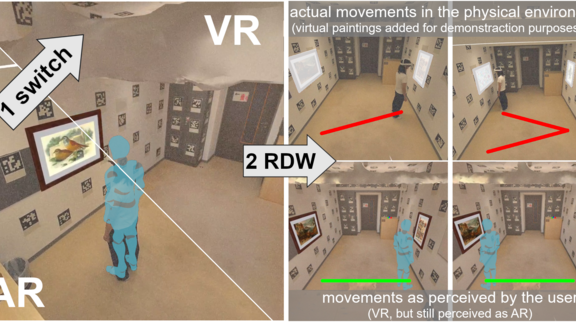News

AirGuard extends protection with Google tracker - New research results on PETS 2025
The AirGuard-App for Android and iOS was developed a few years ago and offers protection against potential stalking. It scans the environment to detect trackers such as AirTags, SmartTags or other trackers and informs users of the potential danger of being followed. The app has now been expanded to include protection functions against the new Google trackers and has reached the milestone of 1.5 million downloads worldwide thanks to continuous further development.
read more
The winners of the ATHENE Accelerator SpeedUpSecure 2025 have been announced
5 start-ups made it to the final round of this year's ATHENE Accelerator SpeedUpSecure. They underwent intensive workshops and training and pitched at the Final Pitch Day in front of a top-class jury and expert audience for a total prize money of 17,500 euros. The winners were: Complioty (1st place), Zealience (2nd place) and Contexxt.AI (3rd place).
read more
Iryna Gurevych elected to the Academia Europaea
ATHENE Principal Investigator Prof Iryna Gurevych has been elected to the Academia Europaea. This honours her many years of academic excellence and international visibility in the fields of Artificial Intelligence AI and Natural Language Processing. At ATHENE, Iryna Gurevych conducts research in the field of security and privacy in AI and the technical discovery of manipulated media content.
read more
ATHENE research on perception manipulation in augmented reality honored at CHI 2025
ATHENE researchers presented their innovative research on “SwitchAR” at the renowned CHI Conference 2025 in Yokohama and received the Jury Honorable Mention Award. The technology, developed as part of the ATHENE project “XR-Guard - A Security Mechanism to Detect and Mitigate Perceptual Manipulations in Extended Reality” under the coordination of Prof. Jan Gugenheimer, enables the application of perceptual manipulations in augmented reality (AR) environments for the first time.
read more
Successful submission to the S&P
A paper co-authored by ATHENE scientists Dr. Nina Gerber and Dr. Alina Stoever, along with researchers from ETH Zurich, has been accepted for presentation at the prestigious IEEE Symposium on Security and Privacy (S&P). S&P is the foremost forum in which leading international experts from academia and industry can discuss the latest developments in computer security and electronic data protection.
read more
